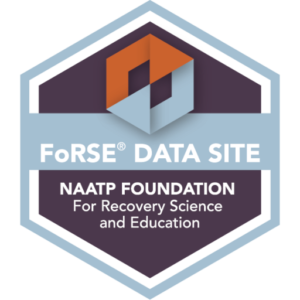Fentanyl is an extremely powerful and highly addictive synthetic opioid that interacts with the same brain receptors that are affected by heroin, morphine, opium, and similar substances. People who misuse Fentanyl may be at risk for several negative outcomes, including addiction, overdose, and death.
Signs & Symptoms of Fentanyl Addiction
- Trying to borrow, buy, or steal fentanyl that was prescribed to someone else
- Visiting several doctors in an illicit attempt to get multiple prescriptions for fentanyl (a practice that is often referred to as “doctor shopping”)
- Using fentanyl when it is obviously dangerous to do so, such as when drinking or using other drugs
- Continuing to use fentanyl even after they’ve experienced negative effects due to prior use
- Needing to use greater amounts of fentanyl to achieve the effect they’re seeking
- Experiencing physical and psychological pain when unable to acquire or use fentanyl
- Being secretive or deceptive about their activities and whereabouts
- Withdrawing from family and friends
- Demonstrating significant changes in mood, appearance, and energy level

Signs & Symptoms of Fentanyl Overdose
- Extremely slow or shallow breathing
- Faint pulse
- Cool, clammy skin
- Bluish coloration near lips and fingertips
- Loss of consciousness

What Happens During Fentanyl Treatment?
We also offer holistic therapy, trauma-informed care, contingency management services, and 12-Step education and support. Some fentanyl treatment clients may receive medication-assisted treatment, or MAT. This evidence-based approach to addiction treatment incorporates prescription medications as well as therapy. Medications such as methadone, buprenorphine, and naltrexone can help people end their fentanyl use without experiencing intense cravings and other symptoms of fentanyl withdrawal.
Begin Fentanyl Addiction Treatment Today
Insurances We Accept





